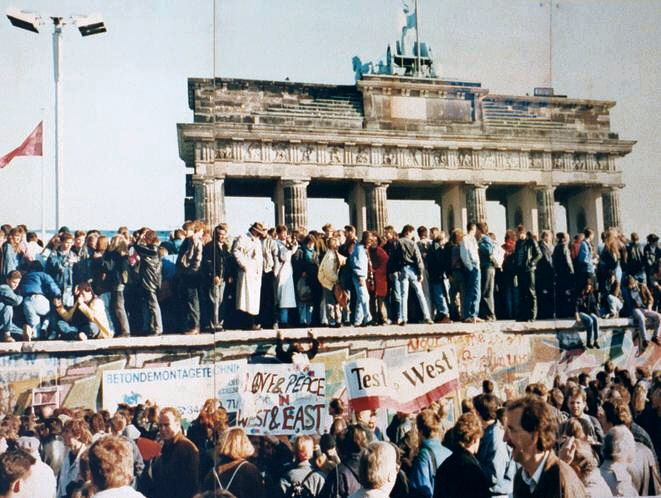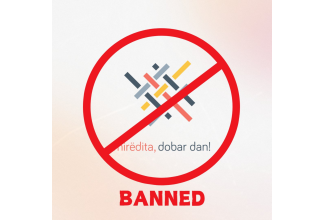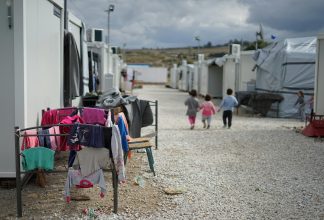30 Years Since the Fall of the Berlin Wall

This Saturday, 9 November, marks 30 years since the fall of the Berlin Wall. The anniversary offers an important opportunity to look back at three decades of human rights wins in Europe. It is also a reminder to look ahead and highlight the work left to do.
It has been 30 years since the fall of the Berlin Wall, marking the end of the cold war. The dissolution of the Soviet Union became a reality, and new states emerged. Most of them were eager to establish a democratic social structure, and many of them succeeded. But some, like Belarus and Turkmenistan, are still a long way from achieving constitutionality and democracy.
“Europe has seen great developments in many respects since the German reunification. But progress has not been without its tragedies. In the 90’s, the world watched as hundreds of thousands of people fell victim to brutality and war crimes during the war in former Yugoslavia,” says Anders L. Pettersson, Executive Director, Civil Rights Defenders.
Civil Rights Defenders was founded as The Swedish Helsinki Committee for Human Rights in 1982, in the midst of the cold war. Since then, Civil Rights Defenders has worked to safeguard the individual’s right to know and act upon their rights, as stated in the 1975 Helsinki Final Act.
“Civil Rights Defenders has supported the establishment of many human rights organisations and independent media in Eastern Europe and the Western Balkans. We have seen first-hand how a strong and independent civil society is key to a functioning democracy. This was true then, and is still true today,” says Anders L. Pettersson.
While human rights standards have improved significantly since the fall of the Berlin Wall, Europe is again facing a democratic backslide. The growing number of neo-Nazis, right-wing extremists, and populist politicians is now a substantial threat to democracy and civil and political rights in European countries like Poland, Hungary, and Turkey.
“These are worrying trends. For a long time, European leaders seemed to have learned from the history. But now we see how politicians are once again using an us-and-them rhetoric and closing their borders to others in need of help. We will keep standing up for civil and political rights, also in Europe,” says Anders L. Pettersson.


